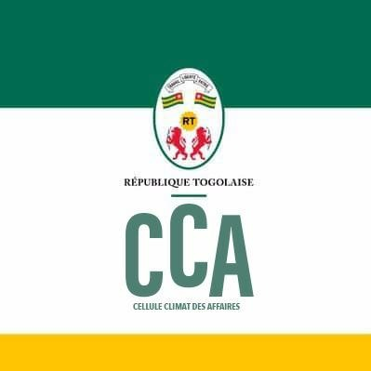Togo is the first African country to be connected to Google's Equiano submarine cable

(Togo First) - Today, Togo has inaugurated Google’s first African station of its new Equiano submarine cable. The inauguration ceremony took place at the Port of Lomé and was attended by many officials, including President Faure Gnassingbé himself.
“With this new submarine cable, we will be able to meet the needs of the government's roadmap for bolstering the international connection to the global network,” said Cina Lawson, Minister of Digital Economy and Technological Innovation, during the inauguration.

In Togo, the Equiano Project is divided into two phases. The first focuses on laying the cable, while the second phase will focus on managing and selling international capacity to ISPs, both in Togo and neighboring countries. According to Lawson, the project would help lower internet prices in the region, in Togo especially.

The two phases will be implemented by CSquared, a Mauritius-incorporated firm that specializes in selling international capacity (internet) on the wholesale market. With a capital of $100 million, CSquared is a JV owned by Google, Mitsui from Japan, South Africa's Convergence Partners Fund, and the International Finance Corporation (IFC). In Togo, Csquared teamed up with Société d'Infrastructures Numériques (SIN), a state-owned company created in 2016, to create CSquared Woezon. It is the latter that effectively maintains and operates the Equiano submarine cable as well as existing terrestrial fiber networks. SIN holds a 44% minority public stake in CSquared Woezon.
The Equiano submarine cable, let’s recall, is a new generation infrastructure that will run from Portugal to South Africa along the African coast of the Atlantic Ocean, connecting points such as Lomé (Togo), Lagos (Nigeria), Swakopmund (Namibia), and Cape Town (South Africa), with connections in place for the next phases of the project. The infrastructure is expected to provide approximately 20 times more network capacity than the last cables built to serve the continent.
Equiano is the second cable connecting Togo to the rest of the world, after the WACS cable.
Ayi Renaud Dossavi


















